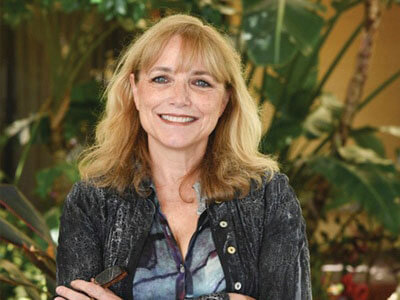
Karen Allen, best known for Animal House and Raiders of the Lost Ark, radiates dignity, sensuality, generosity and wry wisdom in her new film.
Karen Allen, 65, is starring in an indie movie, Year By The Sea—an adaptation of Joan Anderson’s 2000 memoir—in which she plays an over-50 housewife-mom-writer who embarks on self-discovery one winter in a working class fisherman’s village on Cape Cod. The movie features two other over-55 actresses as her buddies. (One of them is, Law And Order fans, prepare to swoon: S. Epatha Merkerson.) Its message that women, even women with obligations as wives and mothers, can be adventurers is perfect for a Boomer-aged woman such as Karen Allen to convey.
In fact, it’s perfect in almost an overly ripe way. Like so many of her peers, Allen lived through the thrilling jolt of the counterculture and feminism; she, and we, already broke a few rules. The movie has a big heart and the slight passe-ness of half of its message—that women aren’t “owned” by men, which feels somewhat…1973-ish—is excused by its good intentions. But it’s the charm and integrity of Allen—maybe you remember her from 1978’s Animal House and 1981’s Raiders of the Lost Ark, but she’s gotten even better as she’s gotten older—that makes the movie.
Watching her wade, clothed, in cold bay water, apply duct tape to badly broken boilers, and try to please wary locals, you know you’re in the presence of a woman who has gracefully and ironically adventured her way through a life that could have been boringly easier, and who deftly balances humility with self-esteem.
In Good Company
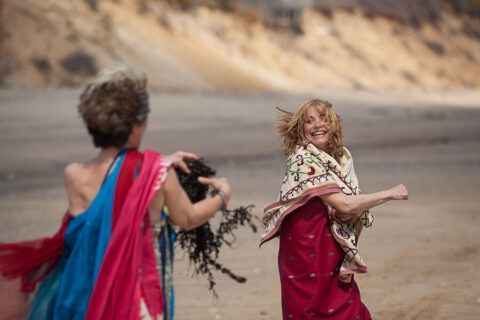
Karen Allen cavorting on the beach in her recent film Year By The Sea.
Like Annette Bening, who was brilliant as the prickly, shrewd, Bohemian single mother in Twentieth Century Women, Allen wore almost no makeup in the film and didn’t evince any plastic surgery or even, I daresay, Botox. Her mature chick’s dignity, sensuality, generosity and wry wisdom radiated—enough to leave a younger man smitten by her character.
Another recent rare movie with a nuanced and non-patronizing role for an over-50 women is Learning To Drive, starring Patricia Clarkson in Sarah Kernochan’s screen adaptation of Katha Pollitt’s New Yorker story about a book editor taking driving lessons after her divorce. We were also treated to auteur Katherine Dieckmann’s Strange Weather, in which Holly Hunter plays an over-50 woman going on a road trip in part to heal the pain of her son’s suicide. Slowly but surely these films are carving out a window of reality to buck a tedious film convention: That women over 50 have to portray, as Allen puts it, “the dotty aunt or the annoying mother or the annoying grandmother.”
These films are bucking the tedious film convention that women over 50 have to portray the dotty aunt or the annoying mother.
Dieckmann, who, in addition to writing and directing Strange Weather, is a professor of film studies at Columbia, tells her 20-something grad student screenwriters that older women are not “boring and pedestrian or Mad Men era characters all named Diane.” Holly Hunter is 59. “And Holly’s character in Strange Weather is having sex and is confused and is drinking and smoking. Women over 50 should be portrayed as they are: iconic and beautiful and emotionally complex.”
Feminist film critic Thelma Adams, who is also the author of the novel Last Woman Standing, puts it bluntly about movie audiences: “Women will follow Sam Elliott and Mark Harmon and—justifiably—Pierce Brosnan anywhere, but the average American male doesn’t like to be pushed out of his comfort zone; they find only young women sexy.” Allen’s Year By The Sea character, without makeup, defies this. “The critical challenge for actresses over 40, 50, 60 or even 70,” Adams continues, “is to find—or create strong scripts with good parts for women that strip away the make-up and reveal the beauty, strength, and orneriness of the woman inside.”
A Film of Her Own
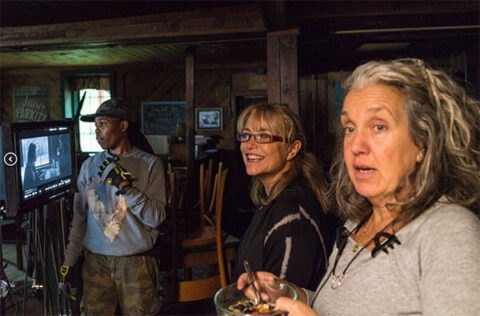
Karen Allen, center, on the set of the film A Tree, A Rock, A Cloud, which she directed, produced and adapted for the screen.
I’ve met and dined with Karen Allen. We’ve been neighbors in an out-of-the-way town in the Berkshires of Western Massachusetts and she is elegant and soulful and spiritual—a longtime Buddhist and serious yoga practitioner and teacher. Her life choices have been adventurous and sometimes counterintuitive and often representative of women our age. In the past eight years, she’s taken on challenging new tasks—directing regional productions of major plays (Michael Weller’s Moonchildren, William Mastrosimeone’s Extremities) and adapting, producing, and directing a Carson McCullers story she had always loved: A Tree, A Rock, A Cloud. It’s a short, independent film, and while she’s been looking for distribution—maybe in Europe or on networks such as PBS, HBO or A&E—the film has won numerous film festival awards, including a Best Director prize for her at the Rhode Island Film Festival.
She did not do this project just out of passion and brio but out of sexism-caused necessity. “I shifted my focus to directing because I knew that at my age and as a woman, I would get offered fewer and fewer good roles,” she says. So self-reinvention is something she shares with her female peers. Not being afraid to tackle the hard stuff is also something she joins other Boomer women in experiencing. She says getting the McCullers movie financed in a GoFundMe-competitive world proved one of the most difficult things she’s ever done. Eschewing cliché, she’s not obsessed with The Business; a gifted practitioner of Japanese knitting, she is the owner of one of the most storied shops in the Berkshires: Karen Allen Fiber Arts, filled with a beautifully curated selection of artisanal sweaters and scarves from artists all over the world. And, even rarer, she’s an actress who, except for one year of her life, has completely avoided film-industry capital city L.A.
Whether I was 52 or 22, I always made decisions based on my intuition, about what was right for me.
“It seemed like a big, sprawling suburb,” she says, “and having grown up in a suburb [outside of Washington D.C.], I’m suburb-phobic.” It’s also atypical for one in her profession to spend about half of her time in a bucolic, tucked-away Massachusetts town most people have never heard of. (She began spending more time there after 9/11.) She describes her life choices this way: “Whether I was 52 or 22, I always made decisions based on my intuition, about what was right for me.” She was married for ten years to actor Kale Browne but has mainly remained a satisfied single mother. Her son, Nicholas, 27, lives not far from her in the Berkshires and is an accomplished young chef. Thus, some of her decisions are oh-so-familiar; others, unique. And many offer lessons we can learn from.
Here are some condensed snippets from a recent talk we had:
SW: Like a lot of Boomer women, you had Depression-raised parents—and, amid the tumult of the ‘60s, you broke the mold. Tell me a little about this.
KA: My dad was in the FBI, and my mom was a teacher. They were very conservative and cautious about money. I never went to camp; our biggest adventure was driving from our house outside of D.C. to visit relatives in Illinois. Because my mother was such an—understandably—fearful person, I grew up with the knee-jerk feeling that the minute I was afraid of something I would push through that and do what was contrary to my fears—or contrary to what was conservative and safe.
SW: For example?
KA: I was an art student at FIT [Fashion Institute of Technology] in New York in 1969 to 1971. [Later she continued at George Washington University.] But, as we all remember, the times were so intense—with the Vietnam War and the counterculture—that at a certain point it just didn’t make any sense to sit in class all day. The world outside the classroom was just so interesting. I’d ditch school to go to Central Park, where people were playing music and dropping acid. I’d go to the Fillmore East and see Jimi Hendrix.
I had to face the fact that when they say “you can have everything,”—that’s bullshit.
A male friend of mine with hair down to his shoulders, and I went to Jamaica on a fluke. We drove from New York to the Florida Keys, but that didn’t feel right, so then we drove to Miami and we had just enough money to buy tickets to Jamaica. We arrived there with $150 between us. We fell in love with Negril, a gorgeous fishing village. I felt a major connection with the Jamaican people. I stayed there for seven or eight months and then, later, after the Vietnam protests got too intense even for me, I traveled to South America. I was in South America so long that I missed Watergate.
SW: Ah, yes, we were the young women who—as Joni Mitchell sang—went “travellin’, travellin’, travellin’.” Now it’s common. (Although most Millennials seem to be not hitchhiking in foreign lands but staying put and initiating start-ups.) And in the same way that you used your instinct to travel, you also fell in love with the possible career of writing and then of acting, right?
KA: Yes. When I came back from South America I became very interested in being a writer. I had been reading some South American writers while I was traveling—Gabriel Garcia Marquez’s One Hundred Years of Solitude and others—and that incredible surrealistic writing fascinated me so much.
Carson McCullers and Anais Nin had been huge inspirations to me in my teens. When I got back from South America—I was probably 22—I moved into a studio apartment with only one window in Dupont Circle in Washington D.C. and got myself a typewriter and started typing short stories. I joined a wonderful writers’ group through the community bookstore.
SW: But then there was another career epiphany, right?
KA: Yes. I discovered acting. A neighbor invited me to see a performance of his teacher, who happened to be Jerzy Grotowski, the greatest theatrical director in the world. I’d never had any interested in theater, but I said, “Sure, I’ll go.”
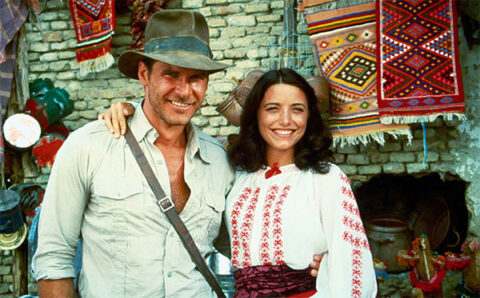
Harrison Ford and Karen Allen in Raiders of the Lost Ark
We went to the ground floor of a church in Philadelphia, and for two hours I watched six actors speak in Polish, and my entire life rotated in that moment. The actors had made themselves entirely transparent, and they created a story so universal and so beautiful, I walked out of there changed. Two weeks later I found a poem of Sylvia Plath’s and auditioned for them, and my goal became making a living working in the theater.
SW: And that has remained your goal—and you succeeded. Between theater and film, you’ve made good on it—with owning a yoga studio and a fiber arts store as diversionary backup—for 44 years. Looking back, as we all do now, what are some things you’ve learned?
KA: One, continue to fight fear. Two, it’s wrong to expect to “have everything” at once. I was so committed to being an actor, but I stopped taking out-of-town jobs when my son was in school; it didn’t seem fair to put him with a tutor in a hotel room. If you’re going to be a parent, sometimes you can’t have a career seven days a week. I struggled a lot with that over the years, trying to embrace both the creative part of myself and being a nurturing person. I had to face the fact that when they say “you can have everything,”—that’s bullshit.
SW: You said that raising money for A Tree, A Rock, A Cloud was so hard. Why?
KA: I felt like I was intruding on people. Today there is so much need in the world that to ask for money to make a movie was difficult. Yet neither I nor either of my two producers could contribute more than we already did and we took no salary. Going forward—doing this again—I would acknowledge my strengths and weaknesses better. It’s like taking care of a house. [Her home, with its treehouse and gardens she made herself, is beautiful.] There are things that I can do, but other things, like putting on a roof, that I can’t do. If I direct another film, I would like to find someone who can do the jobs I can’t do.
SW: Is there anything you regret?
KA: Yes. Not having had more children. I had my son late in life, and my relationship with him is such a joy and pleasure, that when I see people with three or four children I think that’s three or four times the pleasure.
SW: What do you say to your peers and colleagues—in acting and other fields—about being this age and this gender? What are the challenges, and how do you face them?
The Baby Boom audience is the one that is going to get off their duffs and go to the movies. We are used to doing it.
KA: I would love to see the actresses of my generation whom I love get more work. But we can’t sit around waiting for other people to do it for us. You have to write and create the stories. A wonderful Berkshires playwright named Joan Ackerman has a play that I’d love to direct as a film. We have to do these things ourselves. And I think we will succeed. I believe that the Baby Boom audience is the one that is going to get off their duffs and go to the movies. We are used to doing it. The kids 16 to 22 watch everything on the laptops and phones. When Hollywood wakes up and realizes that this huge demographic of people in their fifties, sixties, and seventies doesn’t want to watch the next Marvel Comics Book adaptation, things will change.
SW: You’re a believer in confronting fear with the opposite impulse: optimistic action. And with acting on intuition and self-knowledge. Karen, I’ll bet on you. And, in betting on you, I’ll be betting on us.
.

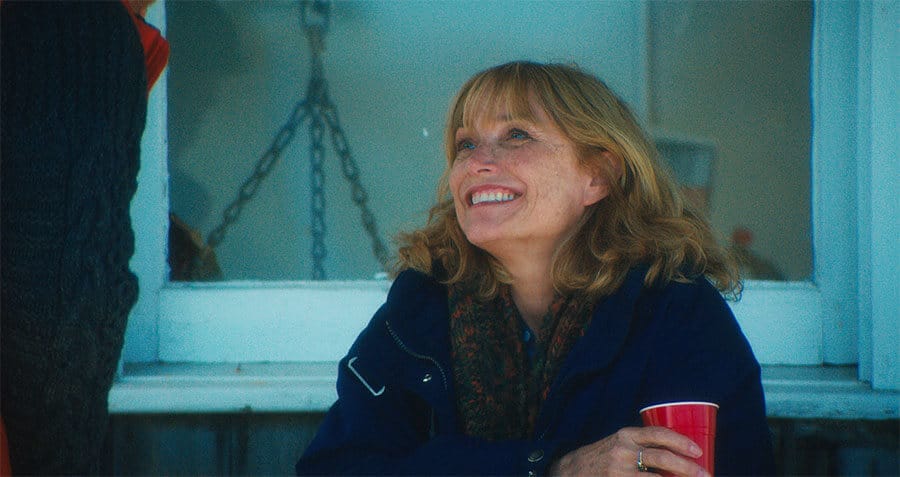
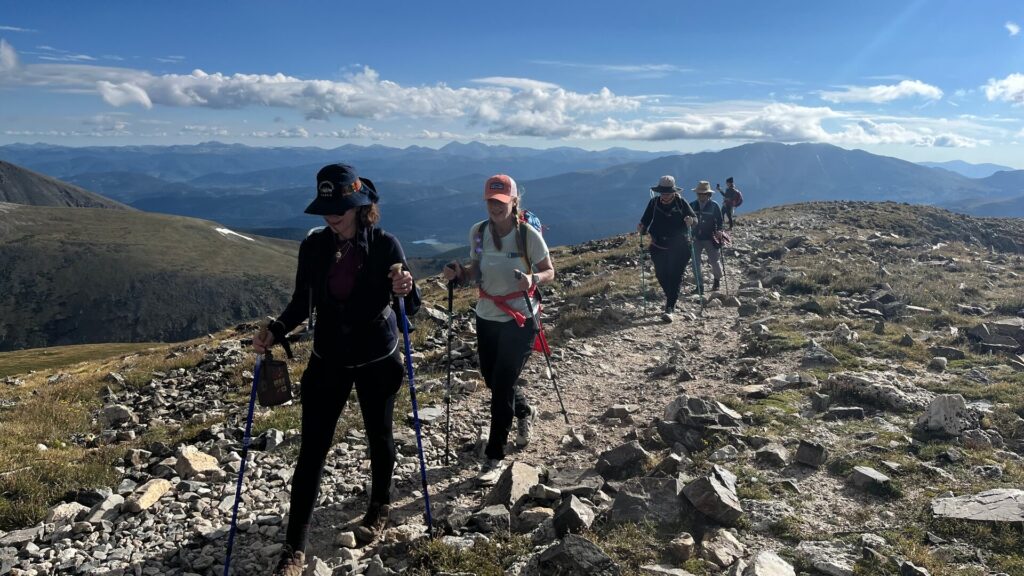



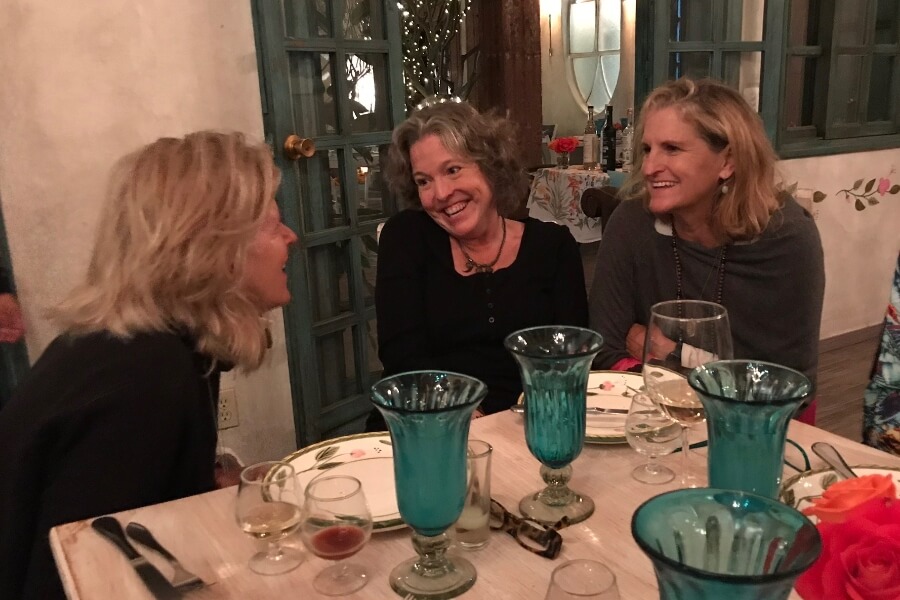
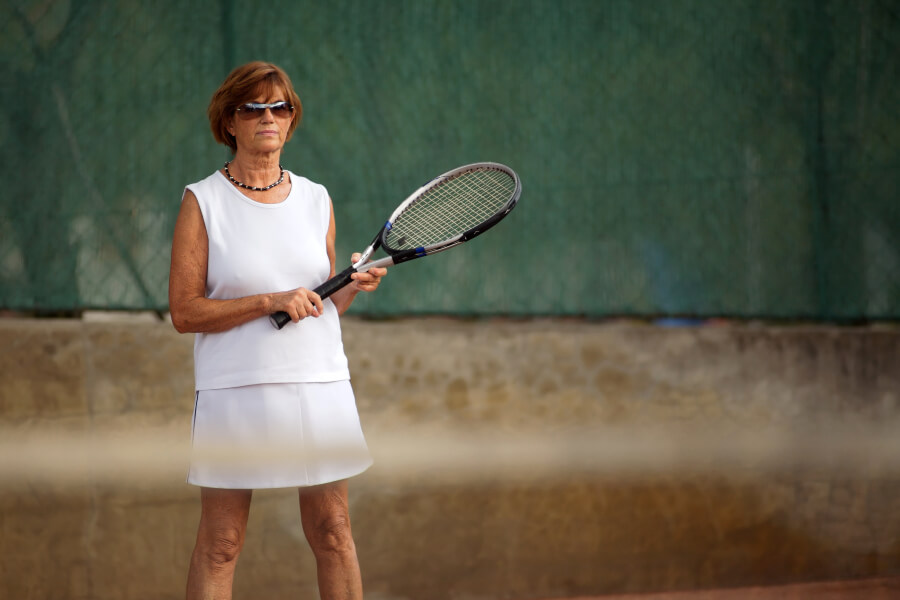
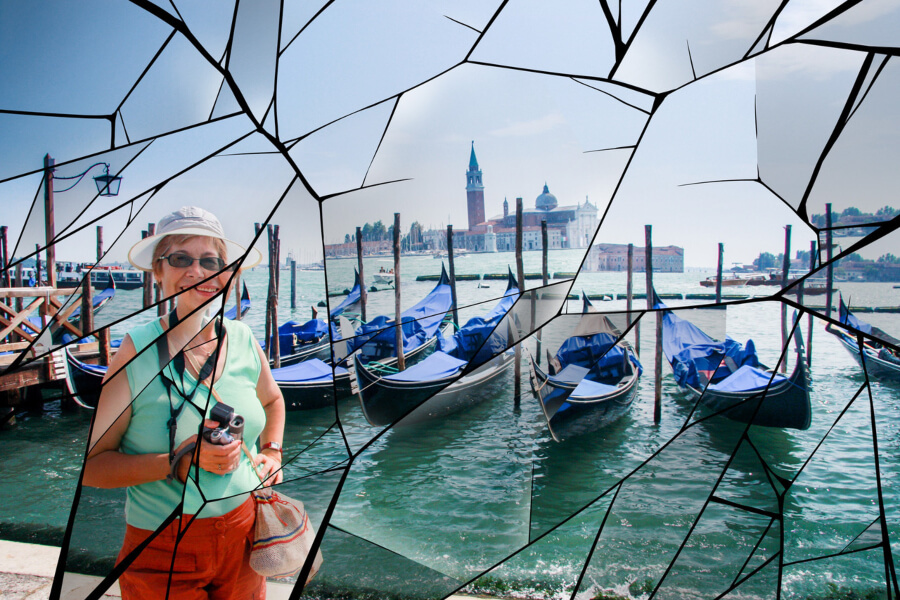
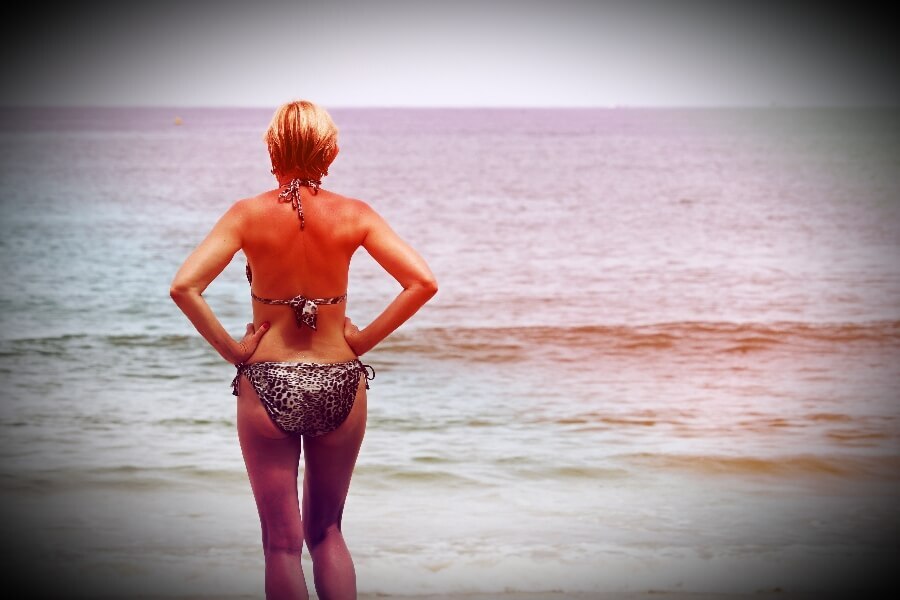
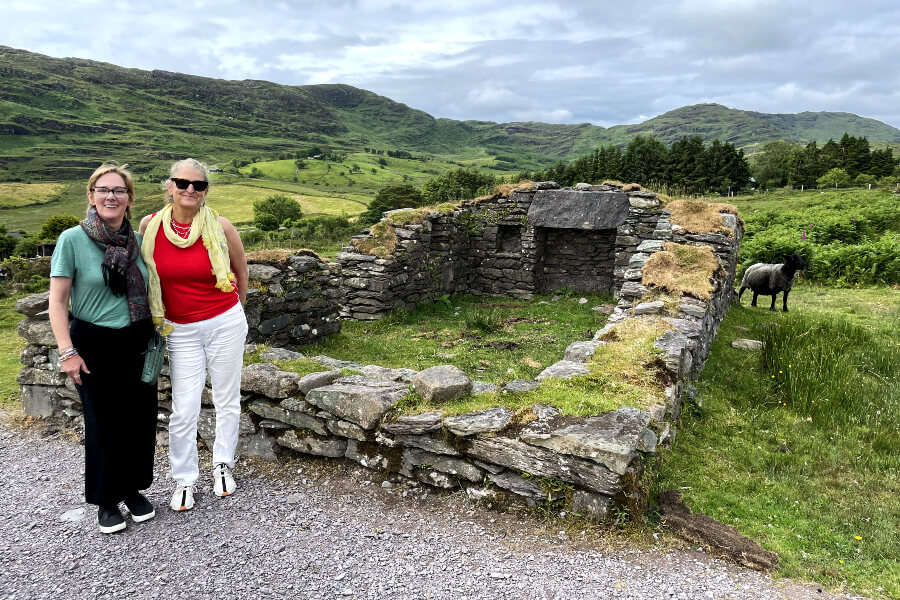
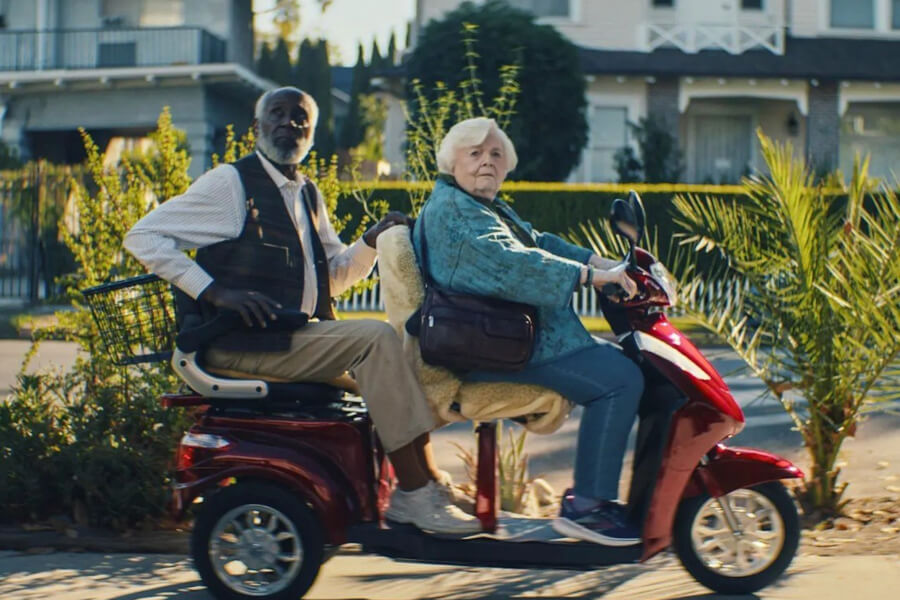
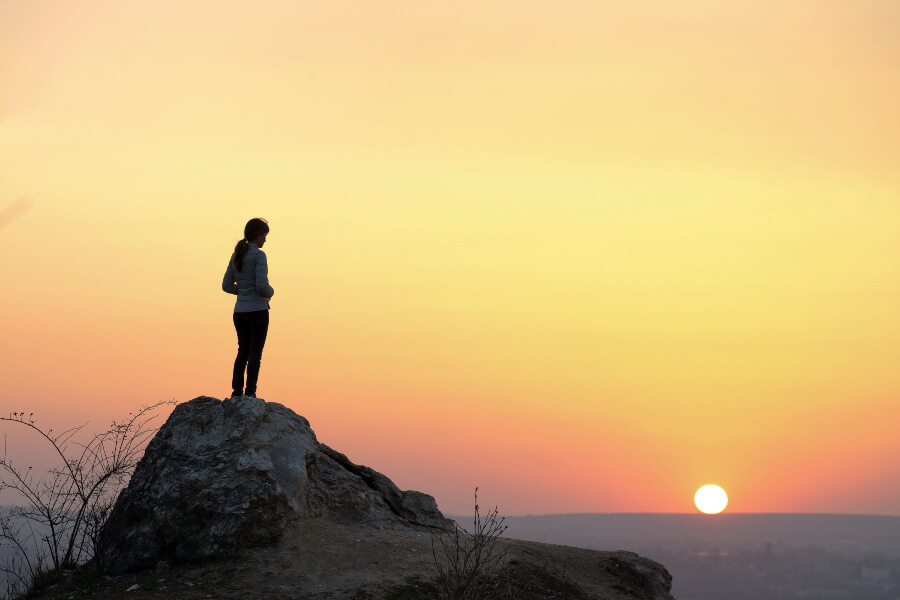
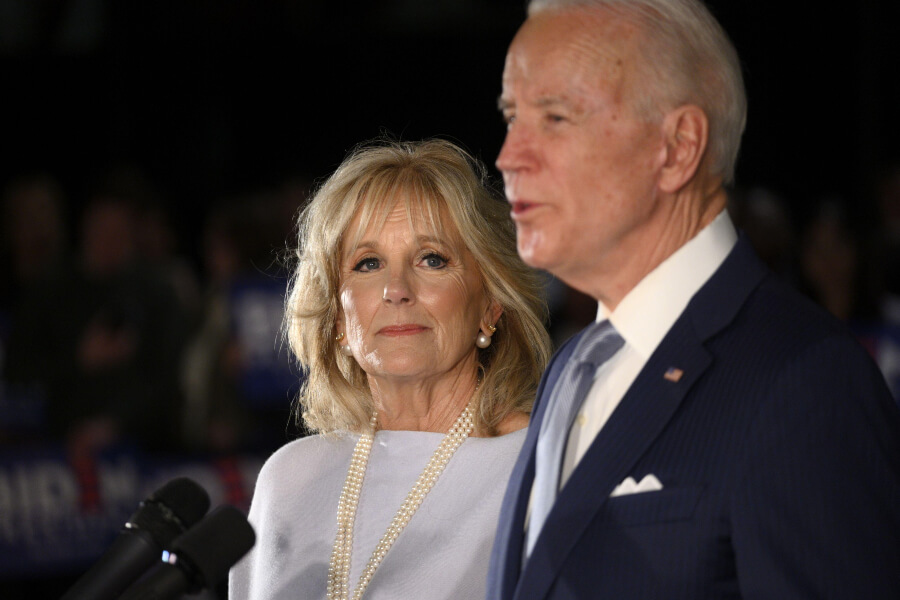







0 Comments